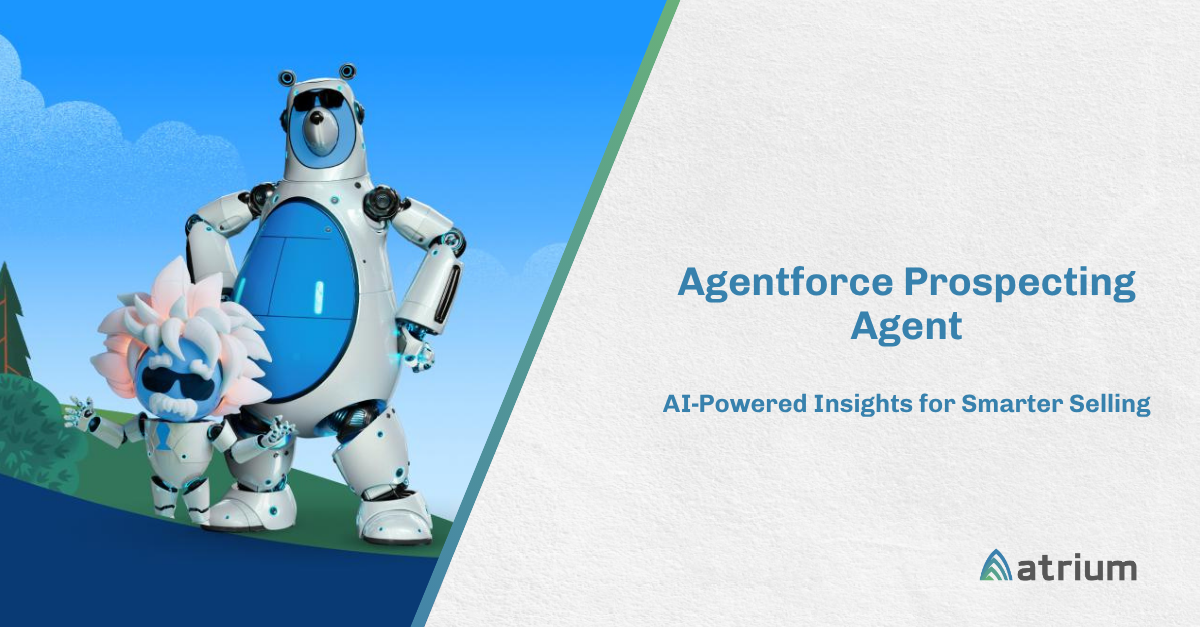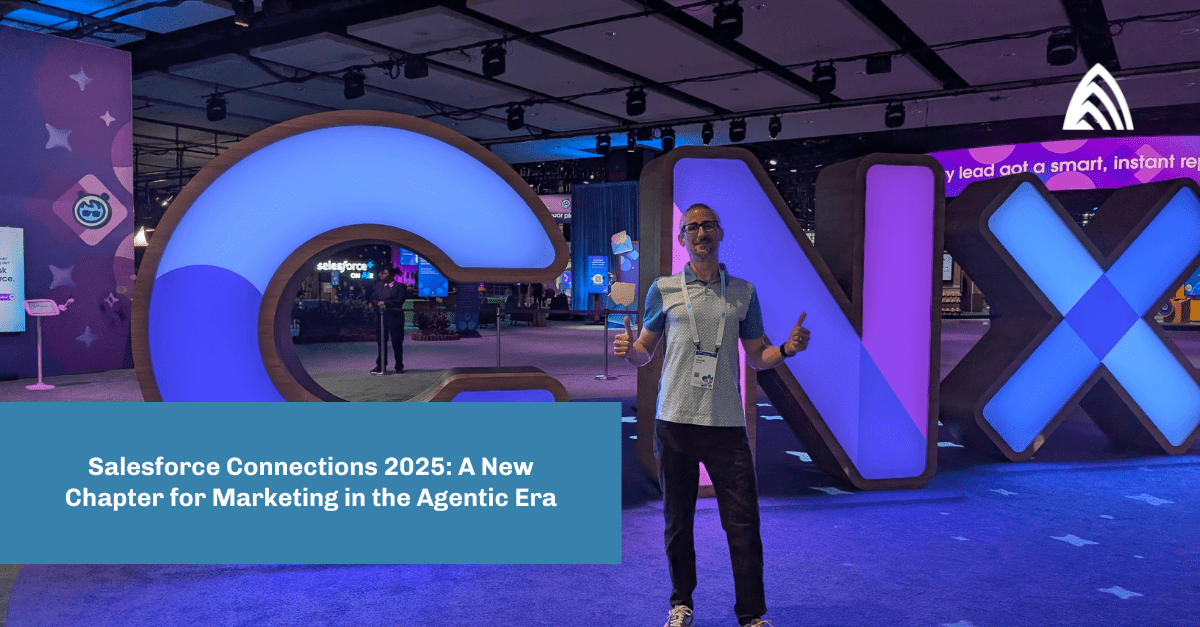If you’re reading this, it’s very likely that you’re familiar with Sales Cloud. It’s part of the Salesforce platform, and its main focus is to increase the effectiveness of the sales team in an organization. The main thing that sets Sales Cloud apart from the competition is its ability to combine customers’ account info with data gathered from social platforms. This clear vision allows users to judge the potential of a lead to convert to a sale.
The Key Objects in Sales Cloud
Account
This object helps to store information regarding the customers you do business with. There are two types, business accounts and personal accounts. Business accounts store information about companies while personal accounts store data concerning individuals.
Queries and account management can be done using this object. For example, client applications can create, update, delete, or query attachment records associated with an account via the API.
Contact
Customers’ relevant information including their Contact Name, Phone Numbers, emails and their addresses can be managed by this object. One interesting thing to note here is that Contacts are usually associated with an account, but can also be associated with other records such as opportunities.
Opportunity
The Opportunity object helps in the creation and modification of quotes in response to sale and deal scenarios. It is also used to manage information about a sale or pending deal. Synchronization of this object can be done with a Child Quote. “Edit” permissions are required to update an opportunity in your client application.
It is the process of tracking all opportunities for potential sales across the pipeline and converting them into recurring revenue.
The Opportunity object is used to manage information about a sale or pending deal.Synchronization of this object can be done with a Child Quote. “Edit” permission is required to update an opportunity in your client application.
Lead Management
Tracking campaigns and assigning leads to the right people is done with the “Lead” object. It is among the key functionalities for improving businesses and helps organizations to get more leads and sales.
Whenever you create, update or upsert a lead, the client application can have it assigned to more than one user record based on “assignment rules” configured by Salesforce. It’s one of the standard objects furnished by Salesforce.
Service cloud
Service Cloud is a “Customer Success Platform” subset, an ecosystem of social tools powered by the cloud. It has a few objects of its own that help retain customers after they’ve converted.
Case
This feature helps you quickly resolve every case, giving a clear vision of its context. It records every customer interaction and streamlines everything on the dashboard. It also assigns tasks to its corresponding agent automatically.
Hence, its main objective is to store information regarding each issue, including the specific question or feedback from the customers, resolution time, supporting agent details, different actions that were required to solve the request, and more.
Account and Contact Management
This feature assists with customer outreach by notifying the delegated agents about the aspects of services the customers want. All the critical data from past interactions is available to the agents to handle different cases.
Asset
This represents an item of commercial value, such as a product sold by your company or a competitor, that a customer has purchased. Asset tracking is also useful for product support, as it provides detailed information to assist with their issues.
For instance, “PurchaseDate” or “SerialNumber” can indicate certain maintenance requirements about the product including recalls. Similarly, the UsageEndDate can indicate when the asset was removed from service or when a license or warranty expires.
Entitlement
This object is only available from API version 18.0 and later. It provides assistance to the service agents in verifying the customer’s eligibility for support, managing service contracts and service levels. Entitlements can be based on a product, asset, or a service contract.
Atrium is a trusted Salesforce partner. Learn more about our partnership and services to see how we can help you.








